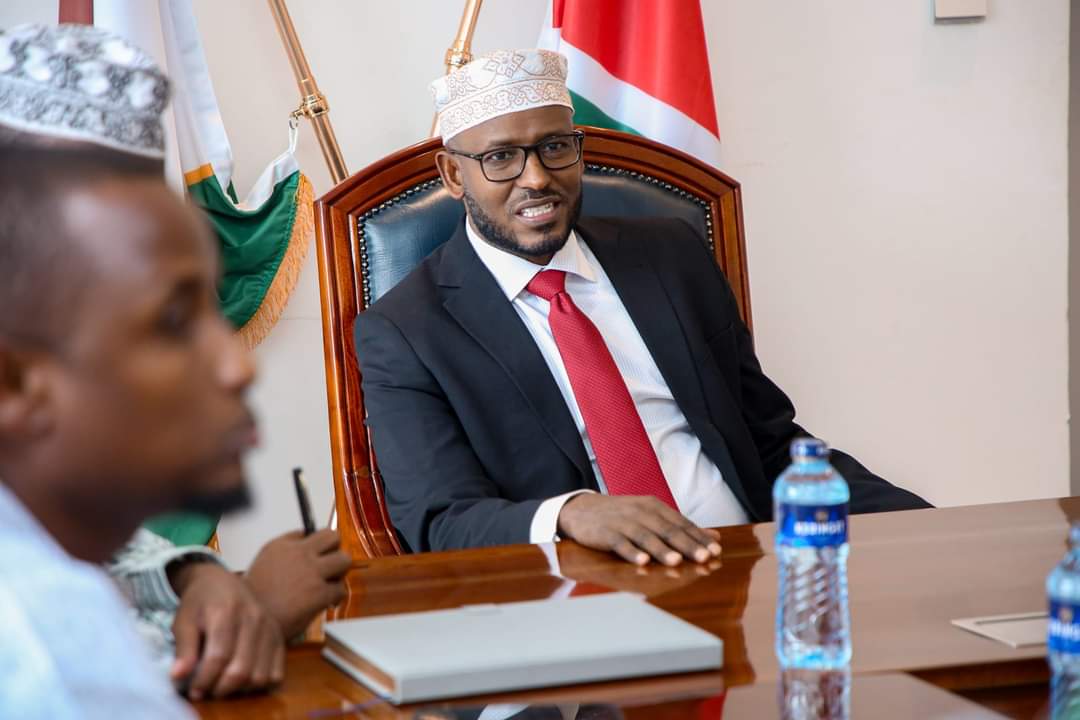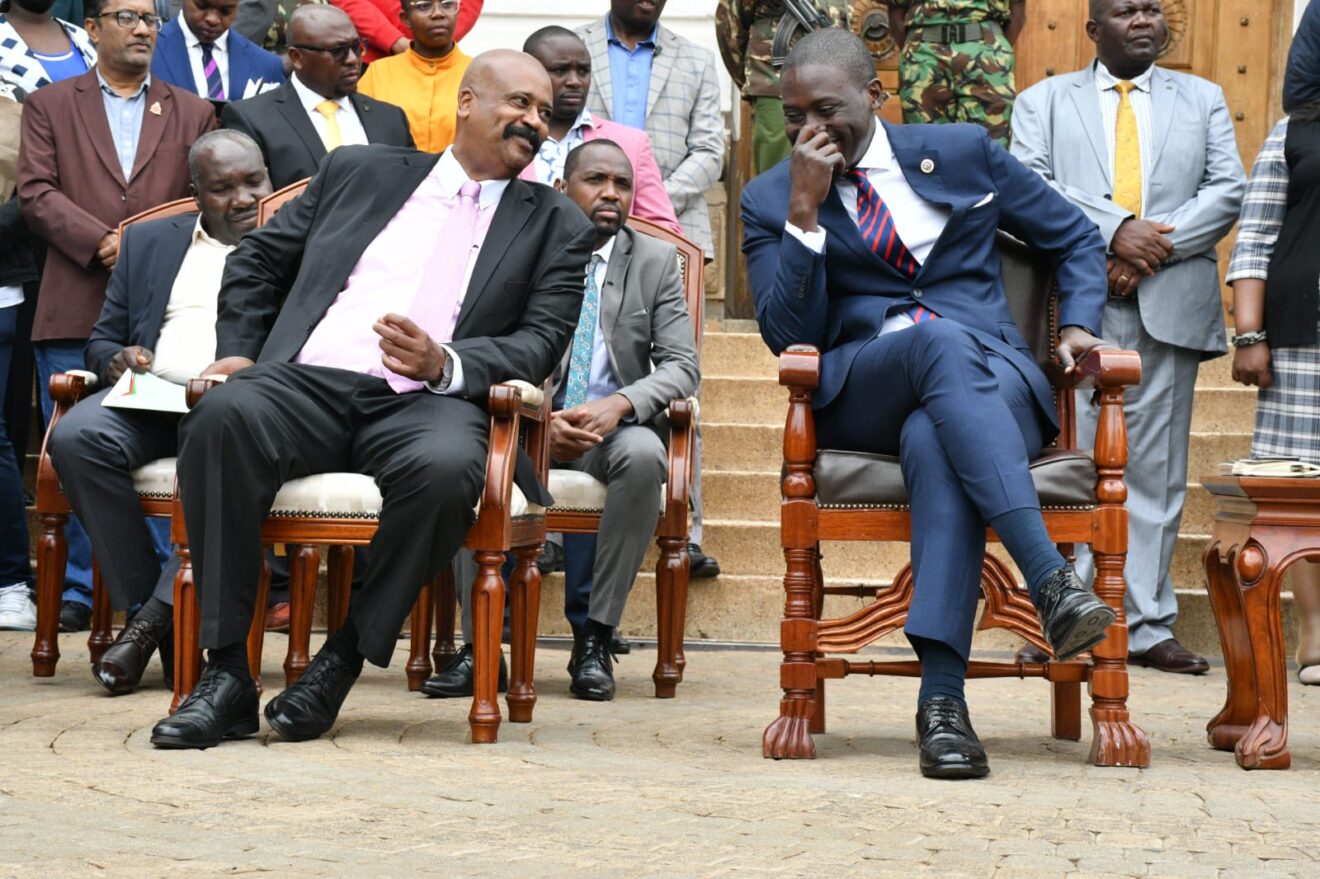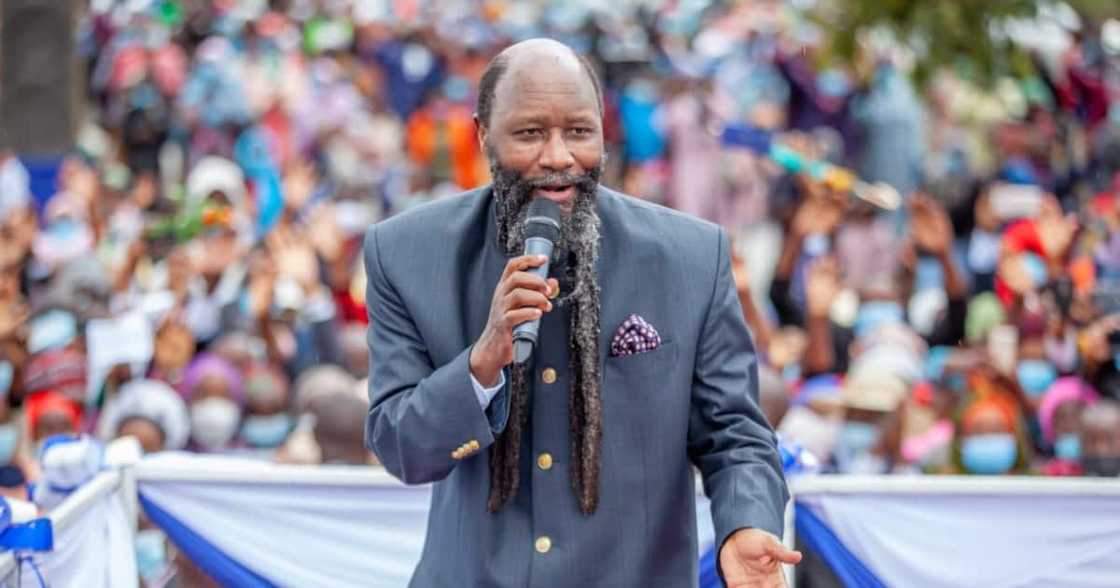By The Weekly Vision Political Desk
As Kenyans head to the polls this morning in a series of by-elections, what should have been routine constituency contests has morphed into one of the most consequential political moments of the year. The races, taking place in Mbeere North, Malava and other regions, have quickly escalated into a defining test of political muscle between President William Ruto and his estranged former deputy, Rigathi Gachagua.
Political analysts agree that the mini polls have taken on a significance far beyond the replacement of vacant seats. They now represent a nationwide referendum on the competing ambitions of two powerful figures who, until recently, shared the same political platform.
For President Ruto, victory for United Democratic Alliance (UDA) candidates would serve as a powerful confirmation that his grassroots machinery remains intact despite inflation, cost-of-living concerns and murmurs of rebellion within his coalition. In Mbeere North, Ruto is banking on Leonard Wamuthende, while in Malava, the spotlight is on David Ndakwa. A clean sweep would reinforce the idea that the President still commands the allegiance of the Mt Kenya and Western Kenya blocs.
A poor showing, however, would paint a very different picture. Analysts warn that defeats in either region could unmask the fragility of Ruto’s support and complicate his 2027 strategy. A UDA loss is expected to trigger intensified state involvement in Mt Kenya politics, a reshuffling of campaign personnel, and renewed attempts to mend relations with leaders previously sidelined.
On the opposite front stands Rigathi Gachagua, a man who only months ago was impeached, yet now leads a reinvigorated opposition banner through his Democracy for Citizens Party (DCP). The by-elections have given him an unexpected platform to demonstrate that he commands a sizable influence in the Mt Kenya region.
His allies are rallying behind Newton Kariuki of the Democratic Party (DP) in Mbeere North, framing the contest as a direct rebuke to what they call Ruto’s political overreach. A win for Kariuki would allow Gachagua to declare himself Mt Kenya’s undisputed political torchbearer and strengthen his emerging coalition, now calling itself the United Opposition.
The Western region has become a particularly heated battleground. Trans Nzoia Governor George Natembeya’s ‘Tawe’ movement has disrupted political calculations, challenging the dominance of Prime Cabinet Secretary Musalia Mudavadi and National Assembly Speaker Moses Wetang’ula. In Malava, DAP candidate Seth Panyako has forced UDA into an unexpectedly fierce contest, one so intense that Ruto’s powerful aide, Farouk Kibet, has pitched camp in the constituency.
Natembeya, speaking in Malava, accused Ruto’s allies of attempting to impose leadership from outside the community. “Let Malava choose its own MP,” he declared, dismissing what he called the interference of political brokers who are detached from local priorities.
The Independent Electoral and Boundaries Commission (IEBC) has completed training of presiding officers and is prepared for the polls. As voting begins, parties from across the divide have deployed agents, observers and political heavyweights in a bid to guard each vote.
For Ruto, the stakes are national legitimacy. For Gachagua, it is political survival. For emerging voices such as Natembeya, it is an opportunity to redefine regional power. And for voters, the mini polls have become much more than a chance to fill vacant positions; they have become the opening chapter of Kenya’s long march towards 2027.





